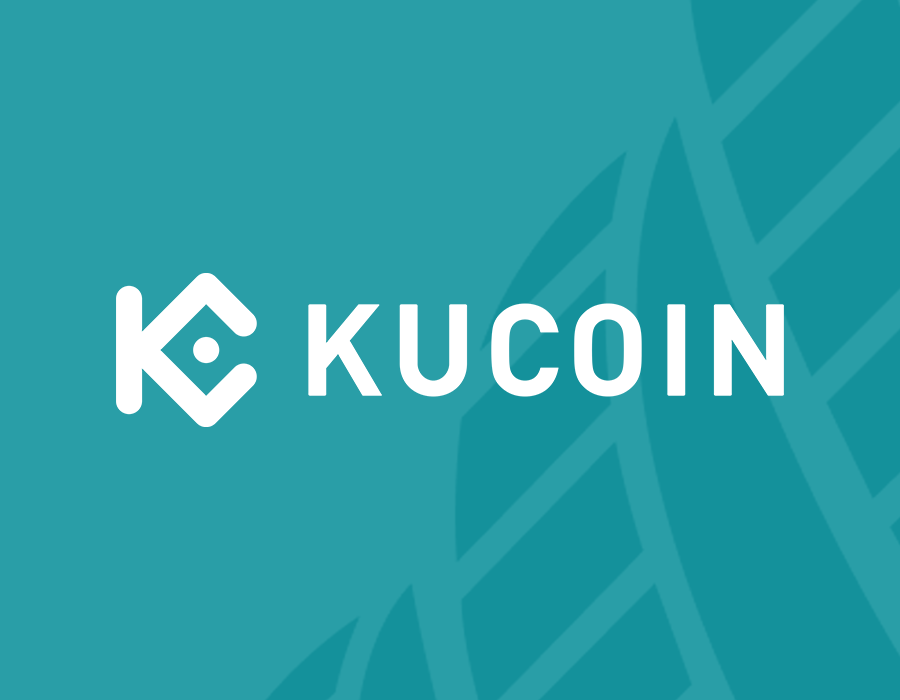KuCoin exists as a versatile and user-centric platform in the competitive landscape of cryptocurrency exchanges. Established in 2017, the cryptocurrency exchange has rapidly gained prominence in the digital currency world despite being comparatively new. Originating from Hong Kong, the platform now serves over 27 million users globally and lists more than 750 tokens. KuCoin is known for its diverse trading options, including margin, futures, and peer-to-peer (P2P) trading. Additionally, it offers opportunities for users to stake or lend their cryptocurrencies.
Inception
The exchange was founded by Kent Li and Michael Gan and is a result of their early involvement in the blockchain space. The idea for this platform emerged when Michael, a seasoned coder, faced challenges using the then-popular Mt. Gox exchange. This experience, coupled with a vision for a more inclusive financial system, led to the birth of KuCoin in a small café in 2013. The founders aimed to create a ‘People’s Exchange’ – a platform accessible to a broad spectrum of users, not just the financially privileged.
Company overview
Headquartered in Seychelles, KuCoin has now grown into a formidable force in the crypto exchange landscape. It’s one of the largest exchanges by trade volume and has a presence in over 200 countries. However, it’s important to note that while US users can register on KuCoin, they face limitations due to the exchange’s lack of a US operating licence. This poses potential risks, especially if US regulators tighten their grip on the platform. KuCoin has also faced regulatory challenges in other countries, including The Netherlands and Canada.
In the wake of the FTX collapse in November 2022, rumours swirled about KuCoin’s possible exposure to it. However, CEO Johnny Lyu was quick to reassure users of the exchange’s independence from FTX. Following this, KuCoin also joined other exchanges in releasing a Proof of Reserves to bolster user confidence.
Trading experience
KuCoin offers a comprehensive trading experience, accessible via both a web portal and mobile apps for Android and iOS. The platform supports various order types and features like margin, futures, P2P trading, and a recently introduced Trading Bot. However, the abundance of features can be overwhelming for beginners, and the platform’s user interface might not be the most intuitive.
Fee structure
One of KuCoin’s attractive features is its competitive fee structure. The exchange employs a tiered maker/taker model, with fees ranging from 0.005% to 0.1%. These rates are relatively low compared to many competitors. Additionally, holding KuCoin Token ($KCS) can yield trading fee discounts. While deposits are free, withdrawal fees vary and are subject to market conditions.
Special features
Trading Bot
- KuCoin’s Trading Bot is an automated trading feature designed to help users optimise their trading strategies without constant market monitoring.
- It offers various strategies, including Classic Grid, Futures Grid, and DCA (Dollar-Cost Averaging), catering to different trading styles and risk tolerances.
- Benefits to users include time-saving through automation, the ability to capitalise on market fluctuations efficiently, and reduced emotional trading decisions.
Staking Options
- Staking on KuCoin allows users to earn rewards by locking up certain cryptocurrencies for a period. This process supports the operation and security of blockchain networks.
- KuCoin offers ‘Soft Staking,’ which doesn’t require users to lock their assets for a fixed term, providing more flexibility.
- Benefits include earning passive income on idle assets, supporting blockchain networks, and it’s an easy entry point for users new to cryptocurrency investments.
Futures Trading
- Futures trading on KuCoin enables users to buy and sell cryptocurrency contracts rather than the assets themselves. It allows for leveraging positions, providing the potential for greater returns.
- KuCoin offers a range of futures contracts, including Bitcoin ($BTC) and Ethereum ($ETH), with leverage up to 100x.
- The primary benefit is the potential for high returns, but it’s important to note the high risk associated with leveraged trading.
Peer-to-Peer (P2P) Trading
- P2P trading on KuCoin allows users to buy and sell cryptocurrencies directly with each other. It supports various payment methods, including bank transfers and digital wallets.
- This feature bypasses the need for an intermediary, often leading to lower fees and more flexible trading terms.
- This offers more control over pricing, a wider variety of payment methods, and potentially lower transaction costs.
Security measures
Security is a paramount concern for any crypto exchange. KuCoin offers KYC verification and standard security features like multi-factor authentication and encryption. A unique aspect is the additional trading password required for transactions, adding an extra layer of security.
Despite these measures, KuCoin experienced a significant security breach in 2020, with over $280 million in crypto stolen from hot wallets. The exchange managed to recover most of the assets and covered the rest through its insurance fund.
Pros and cons
KuCoin stands out for its low and transparent fees, making it a cost-effective choice for traders. The user-friendly interface of both the website and mobile apps caters to a wide range of users. The platform’s strong market reputation is supported by a diverse range of cryptocurrencies and trading options. Additionally, KuCoin offers various bonuses and promotions to its users. However, the absence of fiat currency trading pairs limits direct trades between cryptocurrencies and traditional currencies. Regulatory constraints, especially for US users, pose limitations and potential risks as well.








